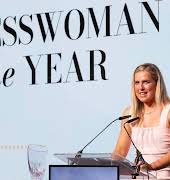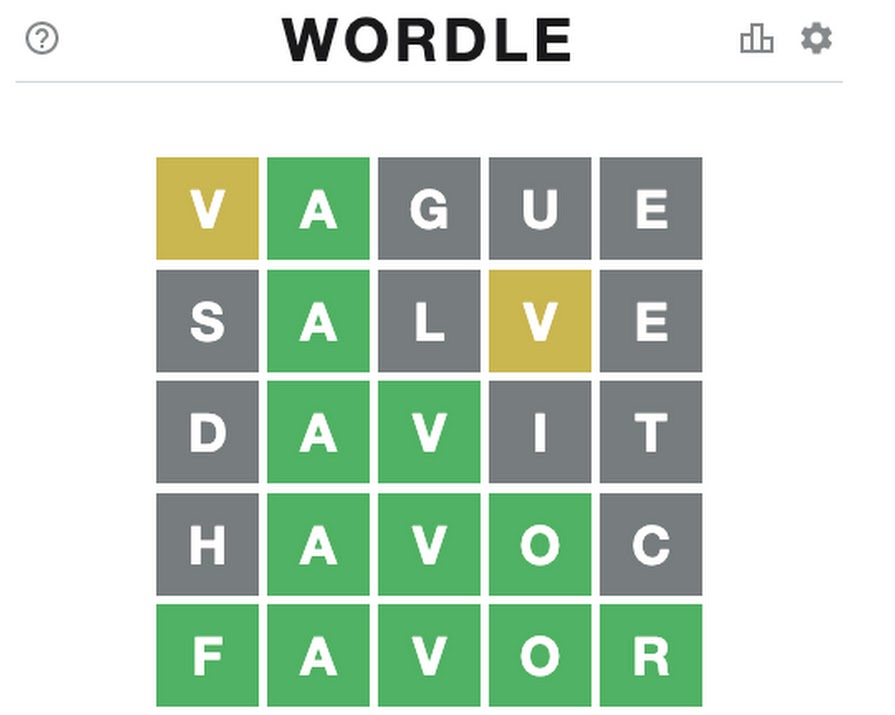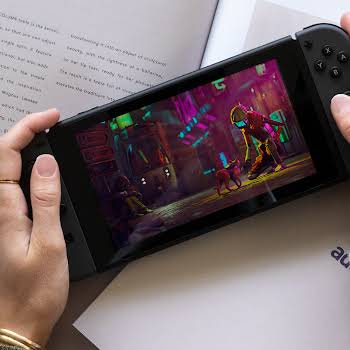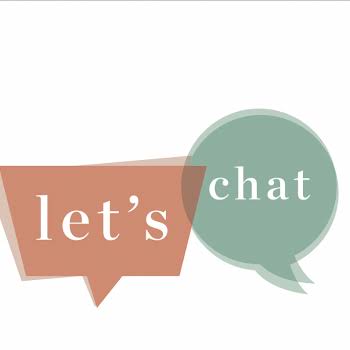Wordle, the simple linguistic game one man build for his partner and gifted the internet, now has two million daily users
Are we trying to reinvent the internet? Return to the pixelated screens of Nokia snake and analogue days of playing the crossword in the back of an actual newspaper? Okay, maybe we won’t go that far but it does seem that the rise of Wordle is a continuation of our pandemic addiction to crafting, breadmaking and jigsaw puzzles.
Wordle holds all the promise of what the Internet could have been. A place of pure creativity and communal sharing, rather than place where items are bought and sold en mass.
As someone who works full-time in words, I tend not to play in them. I read, yes, but no to helping you with the Sunday crossword or pitching into a game of Scrabble or any other word “fun”. Sudoku on the other hand – yes please. Something that’s logical, simple to understand and does not require to me find another word for “hierarchy” (ruling class, ranking, pecking order?).
So when people on the Internet (do any of us have friends we see in real life anymore?) started on about Wordle, I thought, “absolutely not, the turn-off was in the title”. But actually, Wordle is not only, good, free and highly addictive, it’s not really about words at all.
Wordle: what’s it about
It’s really the purest corner of the Internet. Designed by John Wardle (gettit?) for his partner as a simple daily online game, it’s completely free and he hasn’t monetised it in any way, there are no ads or pop-ups suggesting you “support” it. It’s just a fun little game a software engineer in Brooklyn made for his partner who loves word games. It’s kind of sweet when you think about it. Once friends and family got hooked, he decided late last year to release it to the world and it’s gone from a much-discussed topic in the Wardle family WhatsApp to being played by millions of people every day in a few short months.
How to play Wordle
The game itself is simple. Every 24 hours, you get six attempts to guess the day’s five-letter word. With each guess, it’ll tell you through colours whether you guessed the right letter in the right place (green), the right letter but the wrong place (amber) or a letter that’s not in the word at all (grey). It’s as much about a process of elimination as it is about words, testing and ruling out letters.
It makes you think about the English language strategically, for example, today’s word is *spoiler alert!* “favor” (the American spelling but Wordle is sweet and fun and free let’s not battle that one). If you get a “v” in the middle of a five-letter word, it’s nearly always got a vowel on either side (think havoc, fiver, bevel, naval).
It’s also easily winnable, for those of us who never get to the end of the dratted 50-word crossword, the skill is in the speed and the number of guesses it takes you. And who doesn’t like a game where everyone wins?
The knock-offs
The only bad thing about something as pure as Wordle is that someone always tries to capitalise on it. A number of knock-off versions have already popped up in the Apple Store (less so in Google Play Store, just sayin’). Nearly all of them not only imitate the game but use the name “Wordle” and its layout. Seemingly the only thing John Wardle could do to counteract these copycats is to create his own app and put it on the App Store. It’s almost like Apple have this set up so they can only benefit… Insert puzzled emoji face here.
So please don’t destroy the purest place on the internet by playing a pirated version, Wordle is where it’s at.























